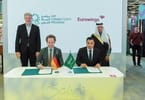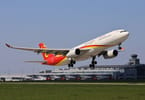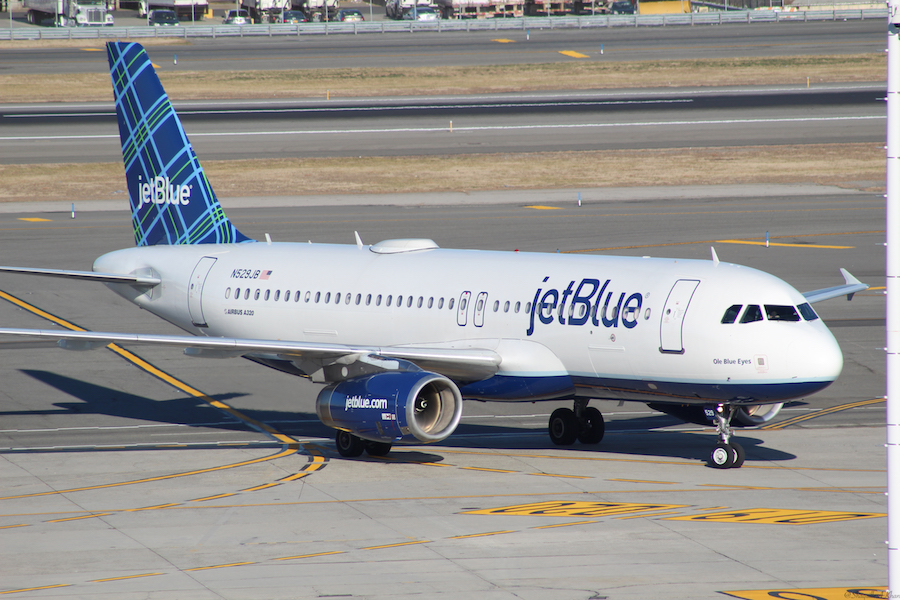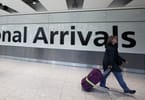The government and tour operators in the private sector have decided to join hands to maintain travel quality for tourists from mainland China and bolster the image of Taiwan’s tourism industry.
Tourism Bureau officials and leaders of tour industry associations held a press conference yesterday to announce a self-regulation agreement to be signed by travel agencies.
Main measures in the pact include setting the minimum cost at US$60 per day for travelers joining group tours, a commission of no more than 30 percent for tour operators based on the purchases made by tourists, and encouraging more stores to adopt a one-price policy to avoid haggling and possible disputes.
The pact, which is not legally biding, will take effect on Sept. 1.
Leaders from the Travel Agents Association of R.O.C. Taiwan (TAAT) and Travel Quality Assurance Association aim to win support from 360 member travel agencies,
TAAT Chairman Yao Ta-kuang said 169 travel agencies have so far signed the self-discipline initiative with a pledge to maintain service quality and help ensure long-term healthy development for the industry.
These tour operators presently account for the bulk of 90 percent of the market share concerning Chinese tourists.
Officials said the mainland Chinese made a total of 2.57 million sightseeing trips to Taiwan since the government opened the doors to Chinese tourists three years ago.
There were already agreements reached among travel agencies concerning minimum traveling costs. But operators in Taiwan and mainland China have engaged in heated price cutting in intensified competition.
Some travel agencies even quoted daily charges as low as US$25 per day for each tourist joining package tours and then tried various ways to encourage customers to make more purchases, so that they could collect higher sales commissions — sometimes as high as 50 percent from gift shops or other stores — to make up deficits.
However, some Chinese tourists, who were eager to take advantage of the price slashing, complained about the low service quality and held some negative impressions of Taiwan.
Some of the travel agencies violated contracts by arranging extra activities not listed in the original itineraries for customers in order to generate additional revenues. Such practice could expose customers in higher safety hazards,
Some others have gone a step further to cut costs and raise revenues, hiring unlicensed tour guides or charging tourists for new itineraries during their visit.
Officials at the Tourism Bureau said fully support the travel industry’s own group efforts to improve service quality.
But the officials also said they could not directly intervene in the local tourism industry because it is a free market and the self-regulation program does not have a legal enforcement mechanism.
“We will still keep our eyes fixed on travel agencies engaged in cutthroat competition, because in practice, it is almost impossible for them to operate without breaking the law,” said Deputy Director-General David Hsieh of the Tourism Bureau.
He said a total of 83 travel agencies were penalized, including some of their operating licenses revoked, for violating the regulations.
The bureau will step up oversight and make unannounced spot checks at scenic spots, hotels, and stores to ensure that tourists from all around the world are fairly treated during their stays in Taiwan, Hsieh emphasized.
Travel industry leaders generally expect the rise in the number of Chinese tourists to Taiwan beginning later this month following slight drops in recent weeks as many travelers avoided the heat summer months.
WHAT TO TAKE AWAY FROM THIS ARTICLE:
- Main measures in the pact include setting the minimum cost at US$60 per day for travelers joining group tours, a commission of no more than 30 percent for tour operators based on the purchases made by tourists, and encouraging more stores to adopt a one-price policy to avoid haggling and possible disputes.
- “We will still keep our eyes fixed on travel agencies engaged in cutthroat competition, because in practice, it is almost impossible for them to operate without breaking the law,” said Deputy Director-General David Hsieh of the Tourism Bureau.
- Some travel agencies even quoted daily charges as low as US$25 per day for each tourist joining package tours and then tried various ways to encourage customers to make more purchases, so that they could collect higher sales commissions — sometimes as high as 50 percent from gift shops or other stores — to make up deficits.






















